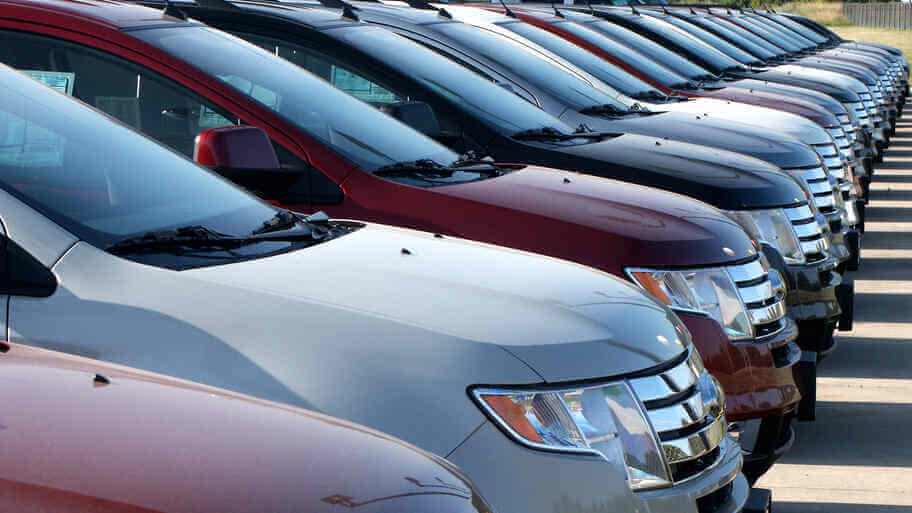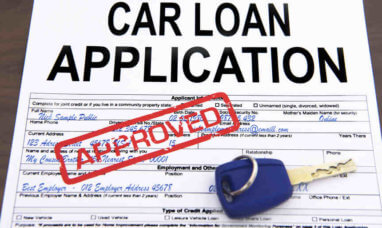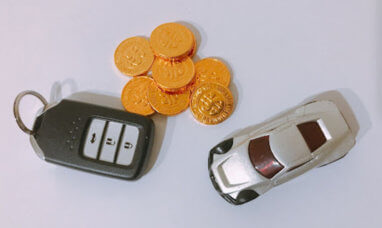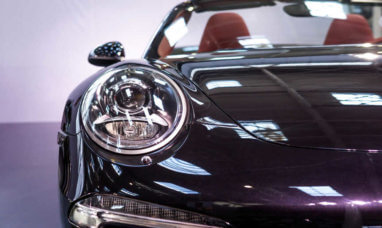Used cars can be an excellent way to save some money on your primary mode of transportation. The cost of a car depreciates over the years. But the steepest depreciation comes when the new car is bought off the lot. By buying used, you can avoid shouldering this initial depreciation cost.
Now, if you are struggling with buying a used car then use this complete guide to buying used cars. Find out everything from the steps to buying a used car to the advantages of buying used cars from dealers and questions to ask when buying a used car privately.
How Do I Purchase a Used Car?
If you’re looking to buy a second-hand car, you have a variety of options in the market. From private-party to dealership sales, almost forty million used cars transfer ownership each year. With so many car options available, you may find it hard to make the right choice. But following these steps can guide you toward a good purchase.
1. Set Your Budget
Whether you’re buying from a private owner or dealer, having a set budget is necessary. Remember that your budget should take into account more than the price of the used vehicle.
A second-hand car may require service from time to time, like changing tires. There are also ownership costs like auto insurance and fuel. Factor all these costs into your budget to make an affordable choice.
Some people can pay for their used car in cash upfront. Others may require financing to afford a vehicle.
If you don’t have enough money to buy the car up front, you can get a loan such as an RBFCU pre-approval car loan to help you buy the vehicle. An RBFCU auto loan calculator helps you estimate how much you will pay each month.
As a general principle, your car payment should not exceed 10% of your net income. An auto loan per diem calculator can help you estimate what your daily payments will be.
2. Choose the Right Car
Finding the right used car is more demanding than purchasing a brand new one. When a new vehicle meets your needs and is within your budget, you go ahead and buy it. But a used car must meet additional requirements like being a good model, in good shape, and having low mileage.
For example, a Toyota RAV-4 is one of the best used cars you can get. But you will pay more for it than you would for a used Ford Escape, a similarly solid choice.
So, if you want to save more, why not consider a variety of brands? Have at least three vehicles that are within your budget and meet your needs.
3. Check Reliability and Ownership Costs
With plenty of options available, look for used car brands with good reputations. Some used cars have a reputation of being dependable and built to last long term. You should also research cars that have low insurance rates and maintenance costs.
Also, keep in mind your family needs. If you have a spouse and kids, buying a pickup truck would not make sense.
4. Locate Good Used Cars
Take advantage of the internet to search for and get a list of available used cars. Facebook Marketplace, Nextdoor.com, and eBay Motors are all options to show cars within your area.
To save on time, filter your search to the exact type of car you want by including:
-
-
-
-
- Car price and features
- Car odometer
-
-
-
5. Price the Cars
Car prices, whether new or used, are partly driven by your shopping place. You can get used cars from independent car dealers, franchised new car dealers, and private-party sellers. Out of these, private-party sellers typically sell at the lowest price.
Buying a used car at a franchised new car dealer is costlier to cover things like the salesperson’s commission. However, it may still be worth it. The good thing is that they take care of all the paperwork involved and may be more trustworthy than a private seller.
6. Check the Vehicle History Report
Looking up the vehicle history is crucial when evaluating a used car. Research helps you reduce the chances of inheriting problems.
You need the license plate number or vehicle identification number (VIN) to run a history report. You can get the VIN from the seller or the advertisement photos.
The car’s history report from companies such as CARFAX and Autocheck can provide you with the following important information:
-
-
-
-
- Any prior accidents, e.g., water damage, fire
- The number of previous owners of the car
- The service and maintenance history
- Information on inspection and registration
-
-
-
7. Contact the Seller
Once you find your best choice, contact the seller. This is an excellent way to initiate a relationship with the seller and gather more information. If you are buying from private-party sellers, ask why the seller is parting ways with the car. If buying from a dealer, call to confirm if the vehicle is still available.
8. Test Drive the Car
If things go well, why not set up a car test-drive appointment? Test-driving a second-hand car is the best way to know the car’s condition.
During a test-drive, check:
-
-
-
-
- If you can get in and out of the car without banging your head
- That there is enough room to sit in the front and back seats; and check if those seats are adjustable.
- If the driving position is comfortable
- For any gas leakage, burning oil, etc.
- The tire conditions
- How effective the brakes are when stopping the car
- The general condition of the car and how smooth the drive is
-
-
-
9. Inspect the Car
If the test drive feels okay and you love the car, you should get a second opinion from a mechanic. Even if you have to pay the mechanic using your resources, it’ll do you good in the end.
10. Negotiate the Best Price
Practice how to negotiate with the seller. If you feel you are not up to the task, bring a more confident friend. You can negotiate face-to-face, by text, email, or call. Be reasonable, firm, professional, and polite with your negotiations.
11. Close the Deal
If you are buying at a dealership, signing the contract is the final step. Here, you may get extra items like a warranty. An extended warranty brings peace of mind. Unless the car is under CPO, you might want to consider purchasing a prolonged warranty.
If you’re buying directly from the owner, ensure the seller transfers registration and title to you. If you can, check with the local department for any due registration fees you may incur if you buy the car. Irrespective of whom you buy from, have insurance for the car before driving it away.
Advantages of Buying Used Cars from Dealers
Again, buying a used car from a dealer may be more costly than purchasing from a private seller. However, it may be worth the extra cost. Here are some reasons to consider buying a used car from a dealer:
-
-
- A dealer provides all used vehicle history. Their reputation is dependent on full disclosure and honesty.
- Buying from a dealer makes you eligible for tax benefits.
- Most dealers, if not all, offer warranty protection.
- Dealers provide financing options. You can use the car trade-in credits and financing options to give you more time to make payments.
-
Questions To Ask When Buying a Used Car Privately
Feel free to ask:
-
-
- Can I have a mechanic check the vehicle?
- Have you ever repainted the car?
- Do you have the car title with you?
- What is the history of maintenance on this car?
-
Featured Image: Megapixl








